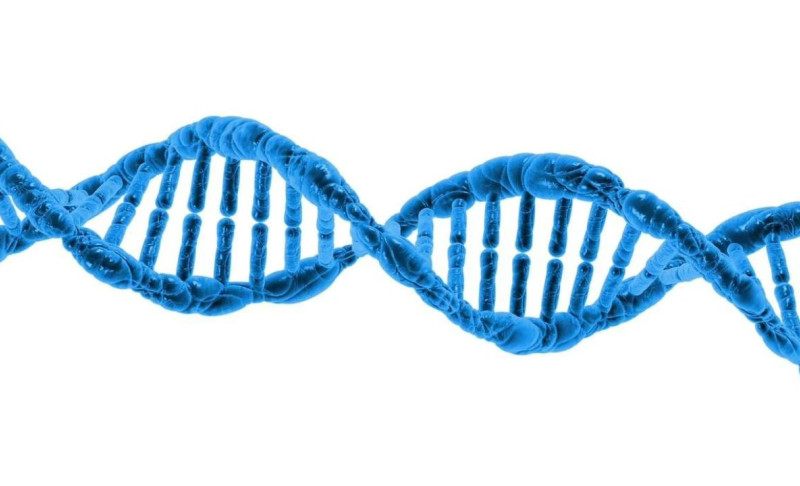
Challenges in Global Health: Non-Communicable Diseases
This one-week course aims to enhance the participant's knowledge and understanding of major health challenges with a focus on non-communicable diseases globally.

This one-week course aims to enhance the participant's knowledge and understanding of major health challenges with a focus on non-communicable diseases globally.
The topics discussed range from burden of and risk factors for non-communicable diseases to the effects of early life environment, globalisation, climate and environmental change on health, the intersection of communicable and non-communicable diseases and effective approaches for non-communicable disease prevention and management.
Which health challenges do low-, middle- and high-income countries face? What is the importance of non-communicable diseases globally, and what are the underlying causes and risk factors for non-communicable diseases? What is the intersection between communicable and non-communicable diseases? How are non-communicable diseases prevented and managed in different health systems? Which policy initiatives for effective prevention and control of non-communicable disease are being implemented? What are the consequences of global health threats or challenges such as globalisation, migration, climate or environmental change?
These are some of the topics that our international and interdisciplinary faculty will address in this one-week interactive global health summer school course with a particular focus on non-communicable diseases.
This course is organised by the UMC Utrecht (www.globalhealth.eu).
The course is offered as part of the MSc Epidemiology, Graduate School of Life Sciences, Utrecht University in collaboration with (inter)national and interdisciplinary faculty with expertise in the field of non-communicable diseases in a global context.
Lecturers include:
Assoc. Prof. Dr. Regien Biesma, University Medical Center Utrecht, The Netherlands
Dr. Daniel Boateng, Kwame Nkrumah University of Science and Technology, Kumasi, Ghana & University Medical Center Utrecht, The Netherlands
Dr. Olga Combaco, Universidade Eduardo Mondlane, Maputo, Mozambique
Dr. George Downward, University Medical Center Utrecht, The Netherlands
Assoc. Prof. Dr. Kerstin Klipstein-Grobusch, University Medical Center Utrecht, The Netherlands
Dr. Grace Ku, Institute of Tropical Medicine, Antwerp, Belgium
Victoria Lopez, Institute for Clinical Effectiveness, Buenos Aires, Argentina
Assoc. Prof. Dr. Ana Mocumbi, Universidade Eduardo Mondlane, Maputo, Mozambique
Dr. Daniel Opoku, Technical University Berlin, Germany & Kwame Nkrumah University of Science and Technology, Kumasi, Ghana
Carolina Prado, Institute for Clinical Effectiveness, Buenos Aires, Argentina
Dr. Arti Singh, Kwame Nkrumah University of Science and Technology, Kumasi, Ghana
Assoc. Prof Ilonca Vaartjes, University Medical Center Utrecht, The Netherlands
Prof. Dr. Monique Verschuren, University Medical Center Utrecht, Utrecht, The Netherlands
The course is open to
This course aims to enhance knowledge and understanding of current challenges in global health with a particular focus on non-communicable diseases. By the end of the course, participants will be able to
One week full-time in Utrecht (The Netherlands).
Based on your individual circumstances you may be eligible for a reduced course fee:
The housing costs do not include a Utrecht Summer School sleeping bag. This is a separate product on the invoice. If you wish to bring your own bedding, please deselect or remove the sleeping bag from your order.
For this course you are required to upload the following documents when applying: